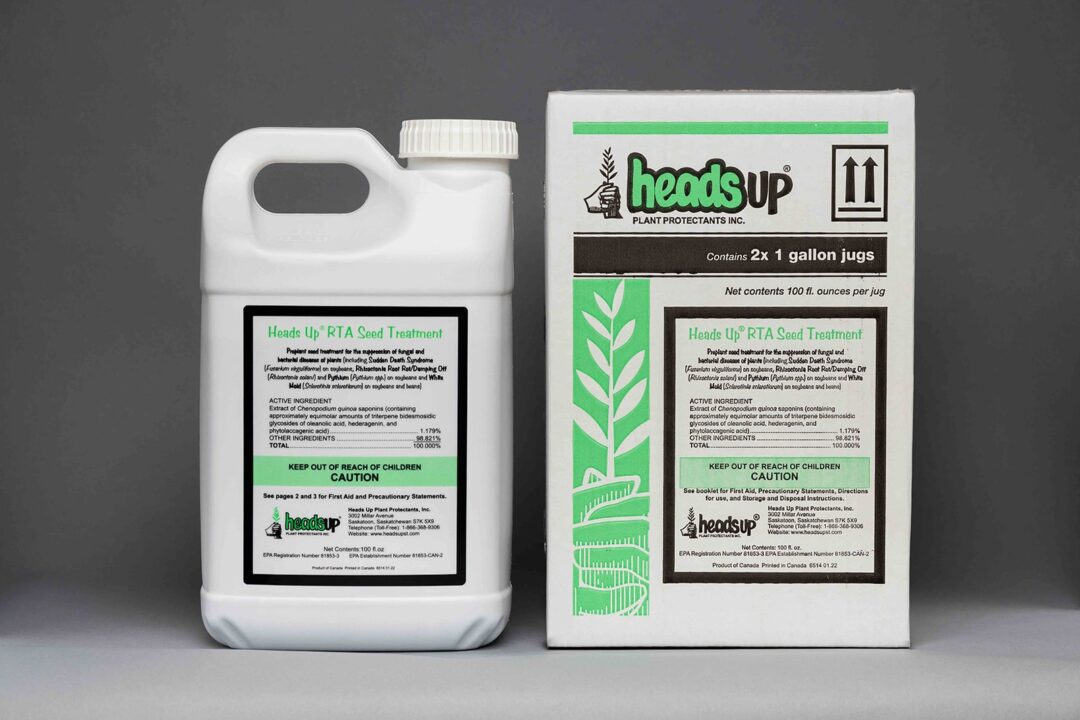Crop Protection Products: Living in the Era of Review Review
The longstanding process seems straightforward – experts look at the available evidence, make their rulings, and certify that things can proceed forward in a orderly fashion. For several years, this has been the way crop protection review processes have tended to work.
But this is no longer the case.
Recently, the U.S. Ninth Circuit Court of Appeals in San Francisco, CA, ruled the EPA lacked the evidence in its 2020 review to conclude that glyphosate does not cause cancer. The court ordered the agency to take a new look at the risks to humans. The three-judge panel also said the EPA violated federal law by failing to consult with wildlife agencies on how to limit the impact of the herbicide on threatened and endangered species.
In its decision, written by Judge Michelle Friedland, the appellate court directed the EPA to review its conclusion that glyphosate “does not pose ‘any unreasonable risk to man or to the environment.’”
“The panel concluded that the EPA’s determination that glyphosate was not likely to be carcinogenic was not supported by substantial evidence,” said the ruling. “The panel therefore vacated the human-health portion of EPA’s interim decision and remanded that for further analysis and explanation.” The court has directed the EPA to issue a new ecological risk assessment by October 1.
And with that, a review of the review is now taking place. This follows other similar review reviews that have happened in recent years, most dating back to 2020 legal challenges to the original reviews. For example, dicamba’s unregistration/reregistration back in mid-2020 comes to mind.
Back in January, Daren Coppock, President/CEO of the Agricultural Retailers Association commented on this very issue, pointing out that it represented a “serious challenge to agriculture.”
“The ‘bad ideas’ always seem to come back,” said Coppock, speaking on a panel at the Illinois Fertilizer & Chemical Association annual meeting in Peoria, IL. “Now that special interest groups have had some success challenging existing product registrations in a few of the nation’s courts, I would expect this trend to continue.”
Ultimately, it will likely take a few defeats at the courthouse level in conjunction with some more proactive efforts by the agricultural industry as a whole to stop this troubling trend from becoming “an everyday occurrence.”






